Search Results for Tag: Greenpeace
Lanterns out for Arctic protesters
I have just come back from Bonn, where Greenpeace supporters joined in their own version of the traditional lantern processions which take place here at this time. Children and parents carry home made lanterns to mark St.Martin’s day, in memory of the saint who cut his cloak in half to give warmth to a beggar. In the Greenpeace marches held across Germany today, the marchers were swinging their lanterns in an appeal for the release of the Arctic 30, the crew of the Arctic Sunrise still under arrest in Russia. The procession in Bonn was heading for the Russian consulate here. It was a well timed event, marking two months of imprisonment for the peaceful protesters and the UN climate conference in Warsaw at the halfway mark.
Atlantic cod pushing out Arctic relatives?
When I visited the AWI Biological Institute on the German North Sea island of Helgoland last year for a story on how climate change is affecting marine life, the Institute’s Director Karen Wiltshire mentioned to me that cod was disappearing from the waters around the island. The Atlantic cod, it seems, are moving north, a trend confirmed by a recent research cruise by scientists from the Alfred-Wegener-Institute (AWI).
![]() read more
read more
“Poles apart” on the Arctic?
Intrigued by a tweet from the British Guardian, “Arctic melt means more pirate chases, say Polish climate hosts”, I clicked on to the website of the organisers of this year’s UN climate talks, to be held in the Polish capital Warsaw next month. Alas, the blog where the offending entry had been posted has been temporarily closed, leaving only this message:
“For the time being we decided to take some time away from our blog. Our idea was to focus attention on important issues that need good solutions and spark discussions on those. We did not foresee that some readers would take the presented texts literally as the official Polish position. Notwithstanding we would like to express regret as some of you found the text to be inappropriate. We acknowledge these criticisms. It was certainly not our aim to offend anybody. We will take due care that all new articles and posts on this website are written in a clear and sensitive manner so as to avoid misunderstandings. Stay tuned for more ideas.”
Unbelievable. The people responsible for the COP19 website have not felt obliged to write carefully up to now? People have been able to put their own “non-official” views on there? Well, the aim of “sparking discussions” has certainly been achieved, if not in the way the conference organisers intended. I will have to refer you to the Guardian if your curiosity is aroused as to what was actually on the blog before it was closed. Let it suffice here to quote the possibility mentioned there of “chasing the pirates, terrorists and ecologists that will come to hang around…” in the developing Arctic. No wonder Greenpeace and WWF amongst others called for the post to be removed. “Pirates, terrorists and ecologists”?
Poland’s hosting of the conference is in itself controversial, given that the country receives almost all its electricity from coal. The conference partners listed on the website include PGE, the Polish Energy Group which runs several coal power plants in the country, including the largest coal-fuelled thermal power plant in Europe, Belchatow.
Poland, you will have to smarten up your act and drastically improve your communications in the run-up to a key conference that should pave the way for emissions reductions in the interest of the Arctic and the rest of the planet. Assuming you are taking this issue seriously?
Greenpeace Arctic Protest in Germany
Greenpeace campaigners were on the streets around the world on Saturday October 5th, protesting against the arrest of the Arctic Sunrise crew by the Russian coastguard. For a short summary of the background, see “Greenpeace holds rallies...” on our DW environment page.
I paid a visit to the stand set up in our local shopping centre, Bad Godesberg, to see what was happening. Greenpeace Bonn were working hard to persuade shoppers on a drizzly October morning to sign the online protest against the arrests. It was interesting to see a mix of younger and more experienced campaigners outside the town theatre. There was also quite a wide age range amongst the passers-by who stopped to find out what was happening or even sign the online petition to have the Arctic Sunrise crew freed.
The controversy has certainly brought a lot of attention to the Arctic. I have the feeling there is a growing awareness here of the whole issue surrounding climate change, melting Arctic ice, and the difficulties involved in the economic development of such an ecologically sensitive area. Still, most people do not realise how relevant the “distant” Arctic is to all of us, given the role it plays in influencing climate change as a whole, our weather patterns and, of course, with the huge Greenland ice sheet, global sea levels.
Arctic Ocean acidification – kids’ stuff?
June 8th is World Oceans Day, so I am taking the opportunity to draw attention to the increasing acidification of the Arctic Ocean. CO2 makes the seas more acidic when it is absorbed from the air. This process is faster in cold water, making the Arctic particularly susceptible to this climate change impact. A study published earlier this year by scientists from the Arctic Monitoring and Assessment Programme (AMAP), based on monitoring over the last three years shows that the Arctic Ocean is rapidly accumulating carbon dioxide, leading to increased ocean acidification. This is having an impact on the marine ecosystem. The probem is exacerbated by increasing flows of fresh water from rivers and melting land ice. Creatures like pteropods, or sea butterflies, are likely to be harmed. Any marine life that needs calcium to form its skeleton or shell will be at risk, followed by the predators dependent on them.
My attention was drawn recently to a video cartoon produced back in 2009 aimed at teaching young people about ocean acidification, a concept which is not easy to grasp. I think it is great! Well done kids!
The animation was produced by pupils from Ridgeway School (Plymouth, UK) and Plymouth Marine Laboratory with funding from EPOCA the European Project on Ocean Acidification (www.epoca-project.eu). I recommend a look. Adults can learn something from it as well as kids! It is a great way to explain the concept, an entertaining video, and the idea of teaching young people about the problems our lifestyles are causing is a key element in securing a sustainable future. I recently acquired a copy of a book in German with a similar aim: Tessi & Tipo. Die Entdeckung der Ozeanversauerung. (ISBN 978-3-86918-204-9)It was written by Antje Funcke and Konstantin Mewes, young scientists at AWI, the Alfred—Wegener-Institut, Germany’s polar science body. Nice work!
The Oslo-based “Center for International Climate and Environmental Research” has a good summary of the AMAP report on its website. I reported on an EPOCA experiment to measure ocean acidification in the Arctic off Spitzbergen in 2010. Greenpeace had helped the scientists by offering the Esperanza to transport the “mesocosms” for the experiments up north. The story is online here: Scientists enter unusual alliance to study Arctic Ocean.




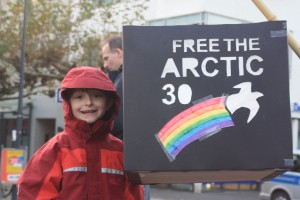



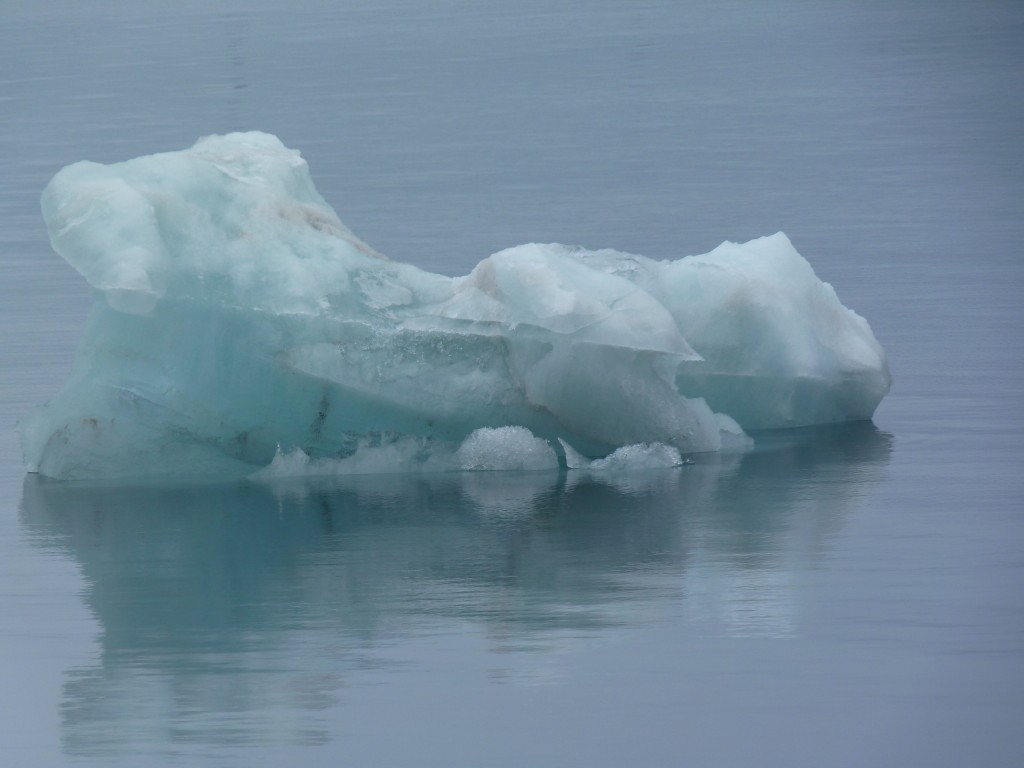
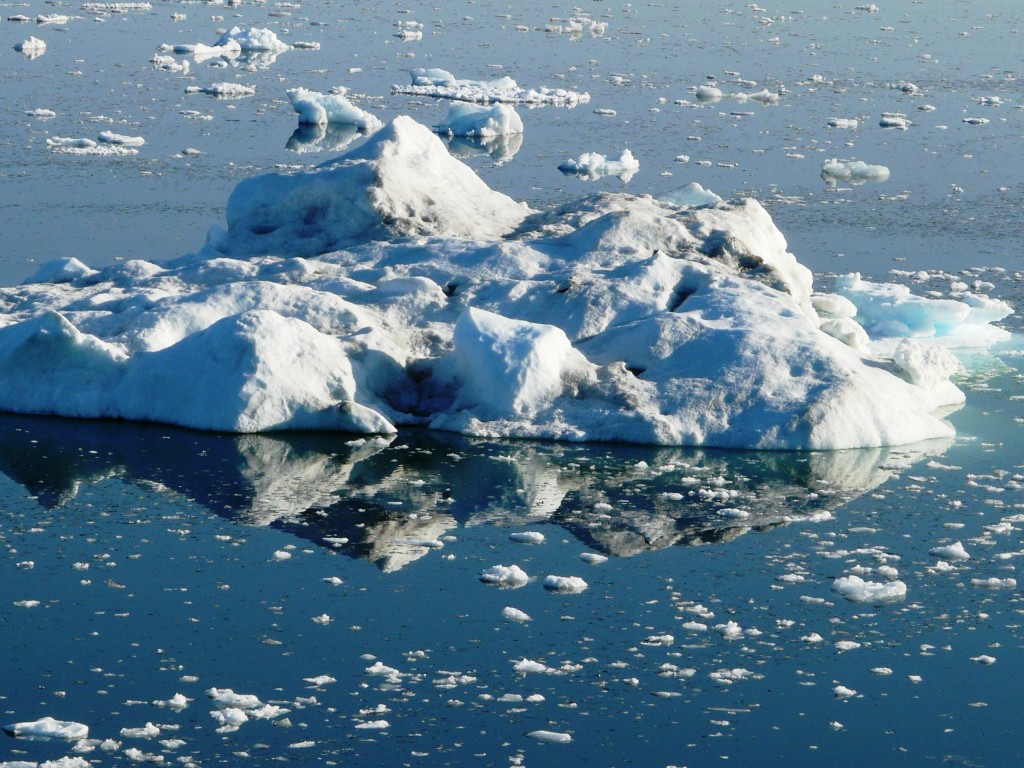
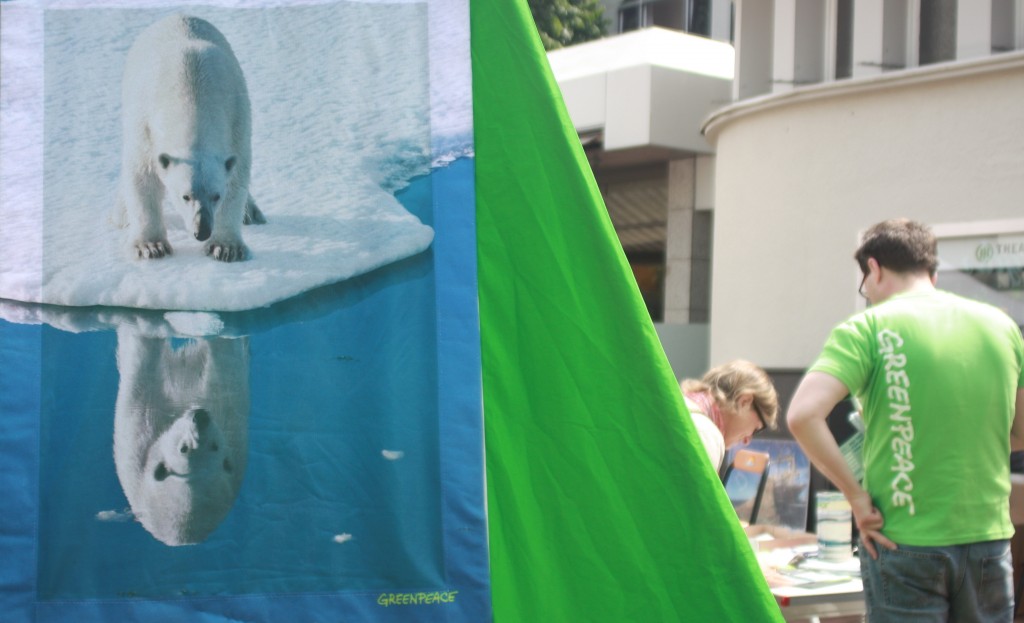
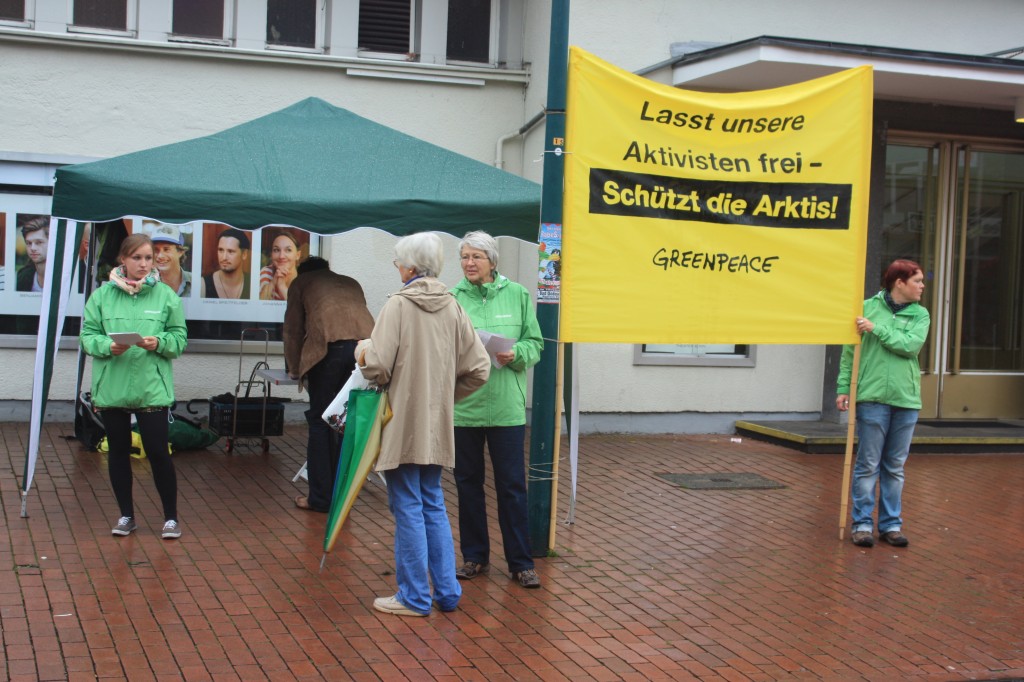


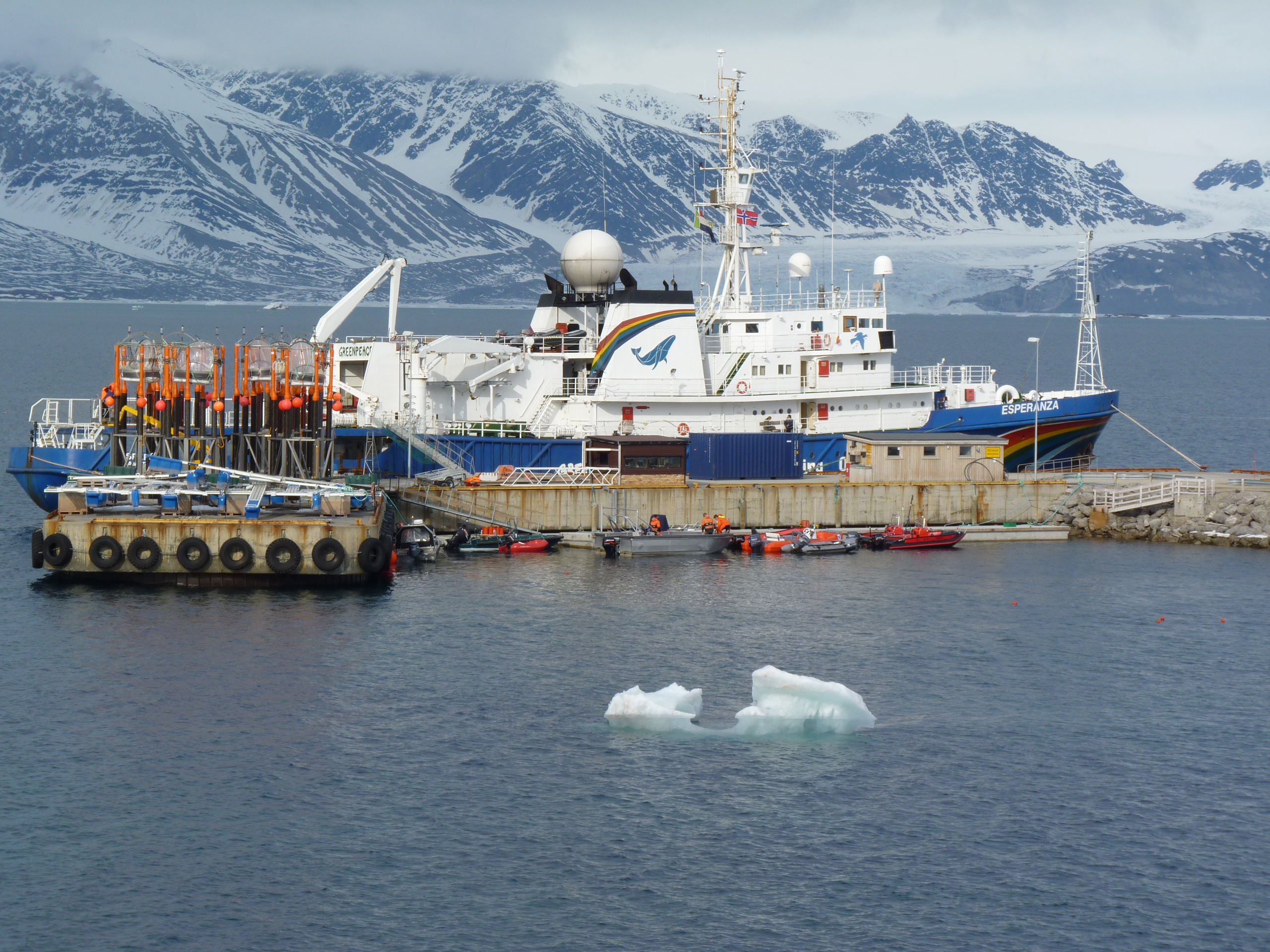
















Feedback